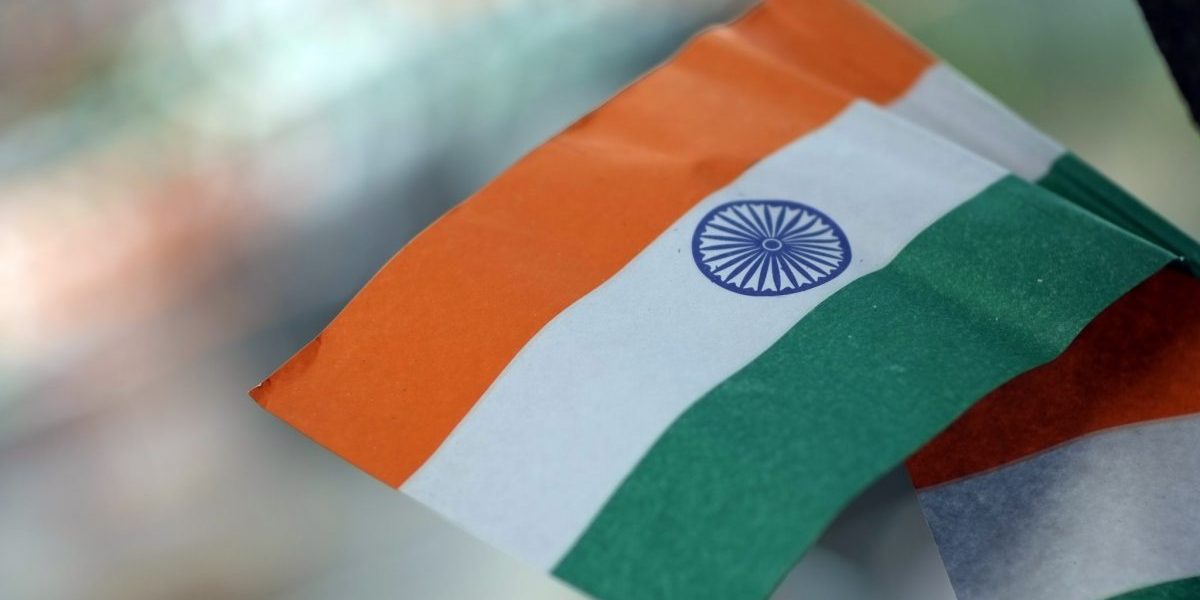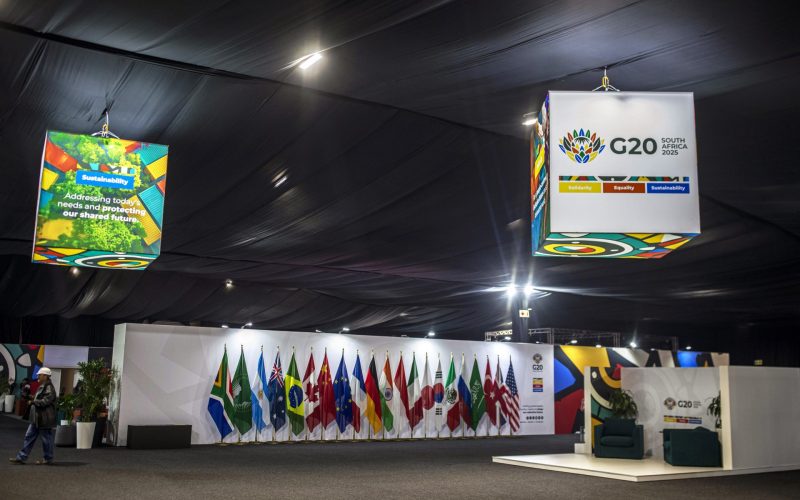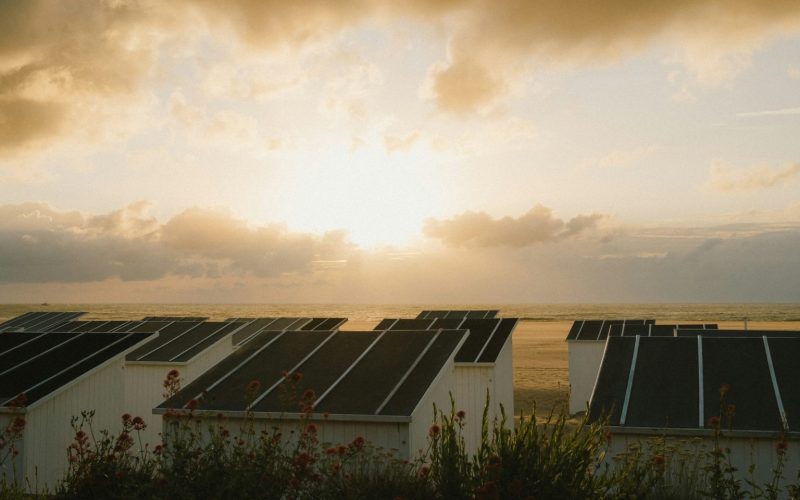India has one of the world’s fastest growing economies, coupled with an increasing demand for energy. It is the world’s fifth largest energy consumer and should move to third place by 2030. Yet, India has insufficient energy resources to meet its rapidly expanding economic growth requirements. Africa, with its abundant natural resources, is an obvious region of interest.
Much has been written about China’s growth and the relationship between Africa and China, perhaps to a degree that minimises the role of other significant emerging actors in Africa. In order to balance the scales, a well-founded analysis of the content and context of facets of India’s involvement in Africa was overdue.
Accordingly, an ‘Africa and the geopolitics of India’s energy security’ workshop was arranged and hosted by the Konrad Adenauer Foundation (KAS) and SAIIA, with additional support from the Royal Norwegian Embassy. Held over two consecutive days – on 5 October 2010 at Jan Smuts House on East Campus, University of the Witwatersrand, and the next day at the Centre of the Book in Cape Town – it set out to explore elements of the dynamics of the geopolitics of India’s energy security through African perspectives.
As such it developed three inter-related themes.
- The first looked at the internal drivers for energy in India, and the presenter was Ms Ruchita Beri of the Institute for Defence Studies and Analyses (IDSA) in New Delhi, India.
- The second theme, presented by Ms Shebonti Ray Dadwal, also of IDSA, examined the ways in which India seeks to ensure the continuity of energy resources and the interplay with Africa in this regard.
- For the third theme; that analysed and proposed optimal ways in which India and Africa can collaborate in order to ensure the continuity of escalating energy requirements by both entities, SAIIA was privileged in securing Dr Ligia Noronha of The Energy and Resources Institute (TERI), also based in New Delhi.
Underpinning these themes was a session that examined the role of energy security stakeholders in the Indian Ocean as well as Africa’s responses (or not) to these dynamics. This was presented by Frank van Rooyen, SAIIA’s security research fellow.
Both events were opened by the KAS representative Mr Helmut Reifeld and SAIIA’s national director, Ms Elizabeth Sidiropoulos. Introductory remarks were given by the Indian High Commissioner to South Africa, His Excellency Virendra Gupta (in Johannesburg) and the Indian Consul General in Cape Town, Mr Mridul Kumar.
With the sessions supported by expert discussants and moderators, both events were well-attended by Members of Parliament, senior representatives of the diplomatic corps (including defence attachés ), non-governmental organisations, academics and the media. This topical issue brought about lively discussions, raised interesting debates as well as a number of issues to pursue through further dialogue.
- Address by the Indian Consul General in Cape Town, Mr Mridul Kumar
- Energy security and the Indian Ocean:Stakeholders’geostrategies within the dynamics of the Indian Ocean
— Frank van Rooyen, SAIIA - Indian Foreign Policy and Africa: Continuity and Change
— Ruchita Beri,Senior Research Associate, Institute for Defence Studies and Analyses, New Delhi - African Security Dimensions of Energy Geopolitics
— Shebonti Ray Dadwal, IDSA, India - Countering Energy Insecurity: The case for Africa-India Collaboration
— Dr Ligia Noronha, TERI (The Energy & Resources Inst), New Delhi
This workshop was kindly funded by the Konrad Adenauer Foundation and the Royal Norwegian Embassy in Pretoria.









